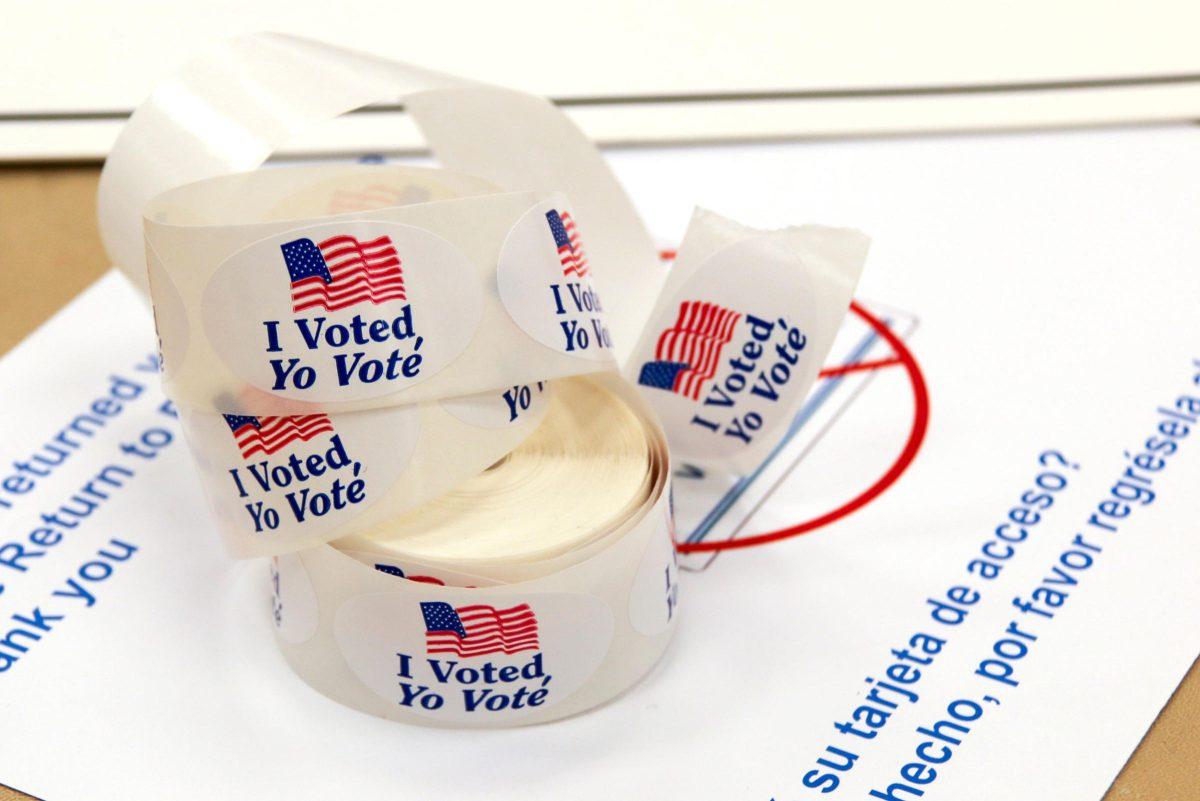In 2020, both Texas and America saw historic voter turnout. Due to political motivation and voting accommodations, Texas saw a 66 percent turnout rate out of the 17 million registered voters in the 2020 general elections. That’s a record turnout since 1992. Even while Texas was experiencing the COVID-19 pandemic, it saw voting occur in the masses. Why?
It was accessible. The new Senate Bill 1 is not.
Senate Bill 1, or SB1, introduces a slew of voter changes and restrictions. To start, SB1 adds voter identification requirements to mail-in ballots, grants more power to poll watchers, bans drive-thru and 24-hour polls and increases criminal penalties for voters.
The changes this bill has implemented would be understandable if Texas had a problem with voter fraud. However, voter fraud was almost nonexistent in Texas for the 2020 election. Sen. Bryan Hughes, the author of SB1 and scaremonger of voter fraud, has repeatedly said in interviews there were “over 400 open cases of investigations of voter fraud” in Texas. Fact-checkers have found this claim to be false. While he claimed there were 400 open cases, there were actually 43, with only one of those cases being from the 2020 election. Meaning, out of the 11 million votes cast in Texas in 2020, voter fraud accounted for about 0.0004 percent of the election. It’s a vastly different statistic than what Sen. Hughes originally portrayed.
When justifying this bill, Hughes said, “Election fraud didn’t start in 2020, it is not going to end.” While voter fraud will never end, the actual occurrence of voter fraud is so limited that the current legal system is already plenty enough to catch it. However, he went on to say, “When [lawmakers] go to other areas of the law and try to clean it up, we don’t get these objections [to SB1].” One might guess it’s because that specific area of the law needed a dusting or because they, Texas lawmakers, barely cleaned at all. But Sen. Hughes is washing the skillet with soap and water.
They’re cleaning in all the wrong places.
The more restrictive the voting laws, the lower voter turnout will be, thus not accurately portraying the public opinion. It’s a no-brainer that the harder registration is, the less likely Texans are to vote. A meta-analysis from Cambridge found the negative effects voting restrictions can have on voter turnout evident. With long lines and inconvenient poll locations, not everyone can afford to lose time. It’s a luxury not everyone is granted when people rely on jobs and taking care of children. Only a select few can bear waiting hours in long lines.
The other major problem with SB1 is that it bans accessible options. In 2020, to thwart the spread of COVID-19 many counties implemented drive-thru polls. These polls were majorly utilized by people of color and people with disabilities.
The bill also makes voting by mail more difficult. Millions of people chose to vote by mail in 2020, but now there are even more steps and scary consequences if you bubble something wrong.
For instance, outlined in the bill, poll watchers are now permitted “free movement,” except at the voter’s polling station. If anyone stands in the way of a poll watcher, obscuring their view, it could be deemed a criminal offense. It’s also now a felony charge for state officials to mail out unsolicited voter registration sheets, a method used in 2020 to encourage voter registration. Then there’s the addition of restrictions for voters with disabilities. While it was once a useful tool where disabled or non-English proficient Texans were able to utilize voter assistance, it is now accompanied with their voter assistant under an oath of perjury. This oath is specified in the bill to only “reading the ballot to the voter, directing the voter to read the ballot, marking the voter’s ballot, or directing the voter to mark the ballot.” These restrictions alone are enough to make any Texan afraid to vote.
Voting shouldn’t be comparable to taking a trip to the Department of Motor Vehicles. Voting needs to be accessible for everyone. The easier it is to vote, the more people will participate. Texas has some of the most restrictive voting laws in the country. The hurdles aren’t something that we should want for this state.
There’s power in numbers, especially at the polls. No matter how Texans vote, it should count.
Kaelin Connor is a psychology senior and opinion writer for The Battalion.
Power in Texas numbers
September 6, 2021
Photo by Creative Commons
Opinion writer Kaelin Connor discusses the impact of the new changes Senate Bill 1 will bring to voter legislation in her latest column.
Donate to The Battalion
Your donation will support the student journalists of Texas A&M University - College Station. Your contribution will allow us to purchase equipment and cover our annual website hosting costs.





















